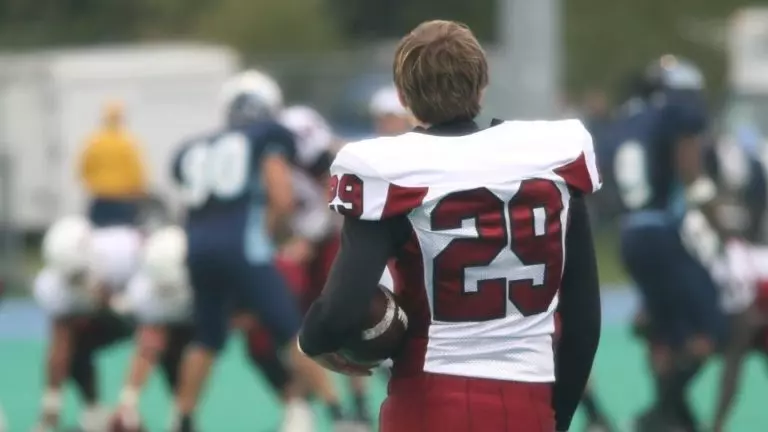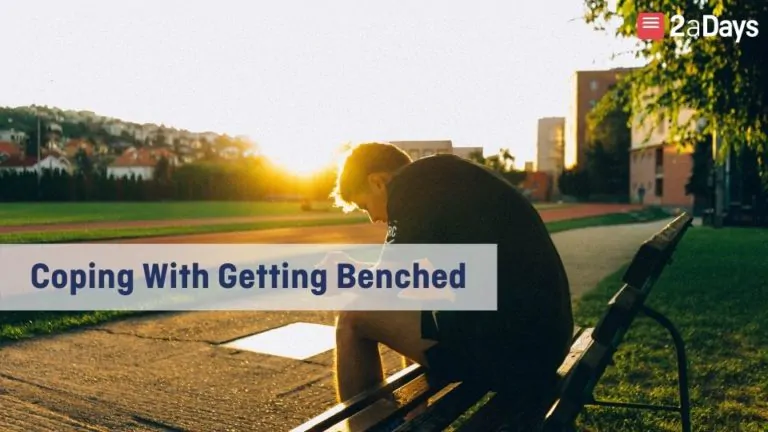One of the hardest things as an athlete is dealing with not getting enough playing time. Sitting on the bench can negatively affect players' mental health and confidence. Here are 8 tips for players who don't feel like they are getting enough playing time.
1. Work hard in practice and workouts
If you are working as hard as you can during practice, lifts, and other workouts, your coaches are going to take notice. Don't get lazy on defense and push yourself as much as you can on offense. Eventually, this hard work is going to make you better.
2. Talk to your coach
If you want to get more playing time, you should talk to the person who controls it. Ask them about what you need to work on in order to get on the field or court. Your coach is going to love that you are taking initiative and wanting to improve. You can even clip out game or practice film and go over it with your coach!
3. Have a positive attitude
This one is hard, but also crucial. Your coaches are watching you on the bench. Don't let your attitude get in the way of your playing time. Make sure you are cheering for your teammates and hyping up the bench. Your teammates will appreciate it and your coaches will take notice.
4. Watch your teammates/professionals
You have some of the best athletes in the country right at your fingertips. Watch their movements and learn what makes them so effective on the field. See how they move on and off the ball.
In your free time, you should also watch the professionals. This is the best way, aside from actually playing it, to get better at your sport. Pick out one player who plays your position. Watch what they do when they have the ball and when they don't have the ball, watch how they pass, when they make runs, and how they position themselves.
5. Put in the extra work
Once you talk with your coach about what you need to work on, go out and do it. If it's your fitness or speed, go for an extra run or work on your explosiveness. If it's your technique, get in the gym or on the field. You can even ask your coach or one of your teammates if they would work with you.
6. Be patient
If you know you are doing everything you can to improve your playing ability, don't stress. You aren't going to immediately get playing time. Your improvements will gradually increase and you will eventually be ready to hold your own for longer and longer amounts of time on the court or field.
7. Always be attentive
When your coach is explaining a drill, make sure you are always paying attention. You want your coach to know that you are interested in what they are saying. This will show them that you are coachable and willing to learn.
8. Be ready when your time comes
Once your coach gives you a chance, you have to be ready. You should work on your nerves beforehand. Allow yourself some time to get into the game, and then work your butt off. Don't get too frustrated when you make mistakes. Take everything that you have worked on and learned and put it into the game.







